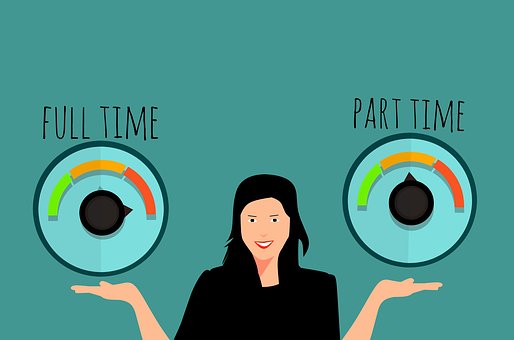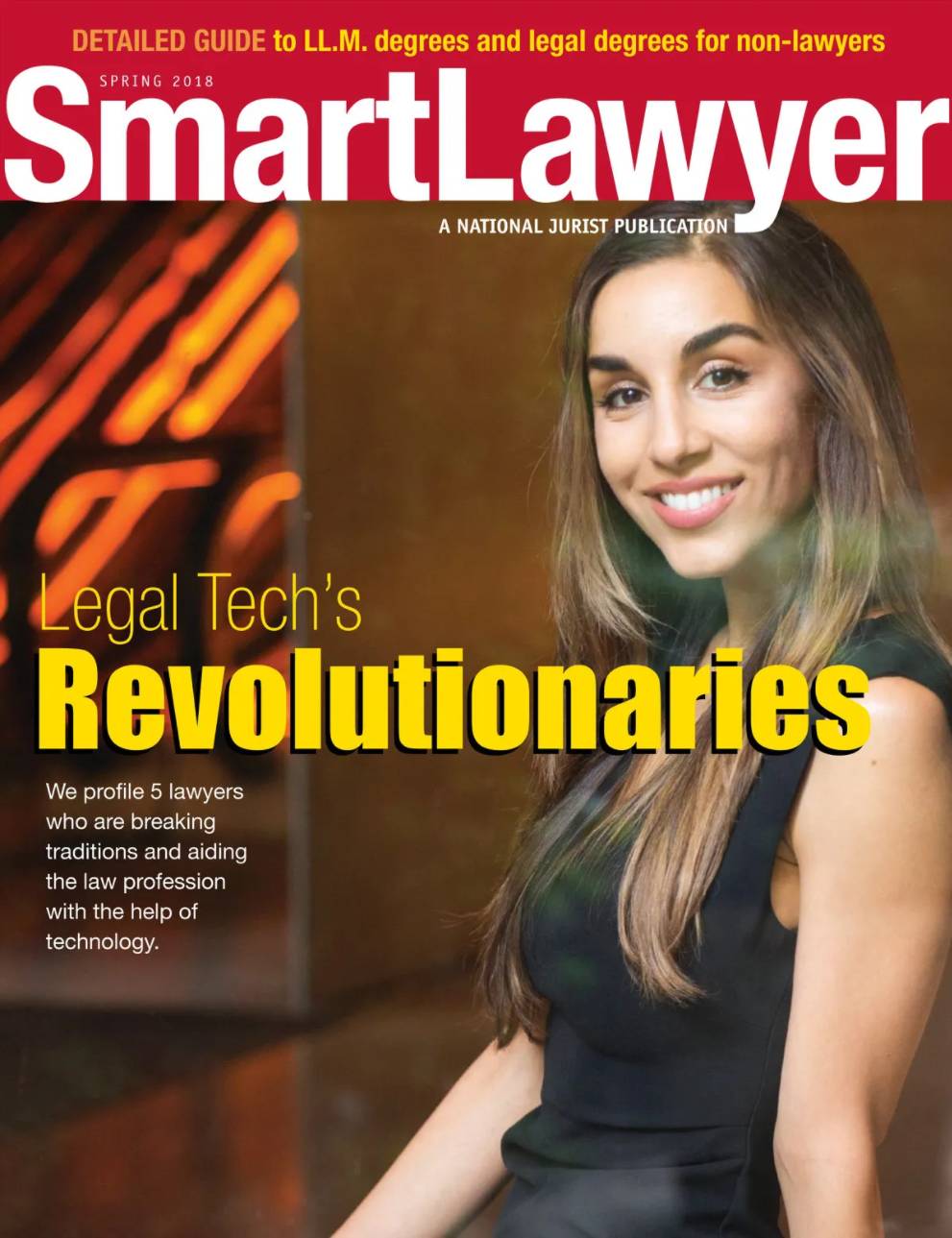By John Allison
In zealously representing clients, some lawyers lose sight of their ethical obligations as independent professionals and their duties as officers of the court.
Four examples from reported decisions illustrate what can happen:
1) The driver of a Suzuki Samurai suffered serious injuries when his Samurai collided with another car and rolled over. During pretrial discovery in his product liability case against the manufacturer, defense counsel engaged in a deliberate cover up of damaging evidence regarding the roll over tendencies of the Samurai. The court described defense counsel’s conduct as “appalling.”
2) Owners of commercial nurseries who used a fungicide that was contaminated with highly toxic chemicals filed suit against the manufacturer. A key issue at trial was whether the toxic chemicals were present in the plaintiffs’ soils. Some of the defendant’s lawyers participated in a scheme to manipulate and misrepresent the results of analytical soils tests. The defendant ultimately paid $11 million, and the lawyers paid an additional $250,000, in sanctions.
4) Excessive zeal is not confined to the courtroom. A partner in a large law firm represented a brokerage firm that helped customers invest in the international currency and commodities futures markets. He became involved in a complicated scheme to help the brokerage firm conceal its dire financial condition. At his trial for criminal securities fraud the lawyer attempted to explain his conduct by testifying that he had a duty to represent his client zealously. The jury was not persuaded. The lawyer was convicted and sent to prison.
The best way for lawyers to avoid results like these is to exercise self-restraint and rein in excessive zeal. In addition to complying with the ethical rules, lawyers should take personal moral responsibility for their behavior as professionals. If you are guided in the practice of law by a personal moral code and your own integrity, there are some things you simply will not do.
Before succumbing to an unethical client demand try to persuade your client to take an ethical approach. If that fails, consider withdrawing. Only you can protect your reputation.
John Allison is a professional career coach backed by years of experience as a successful lawyer. He is the founder of The Coach for Lawyers and author of “The Art of Practicing Law: A Practical Guide for Lawyers.”







